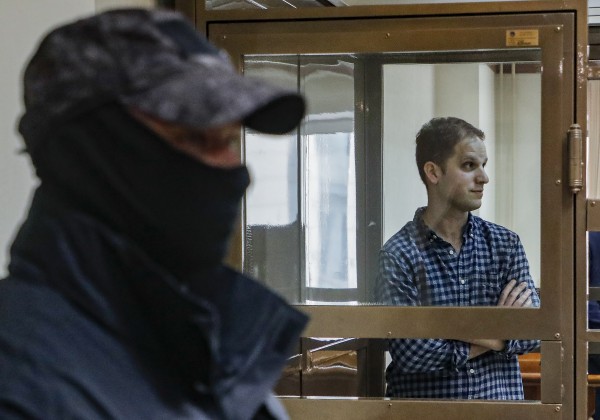The International Press Institute (IPI) today welcomed news that Council of Europe Secretary General Thorbjørn Jagland will send a media freedom envoy to Turkey.
Jagland announced on 13 April that Turkish Prime Minister Recep Tayyip Erdogan had agreed to allow the Council of Europe to send a fact-finding mission to look into the arrests of several journalists in connection with the alleged ultra-nationalist “Ergenekon” plot.
The plot – in which members of the military, academics and journalists have been implicated – allegedly contemplated assassinations and attacks that would lead to calls to overthrow the government.
Jagland said: “I will send a special representative as soon as possible. This envoy will report back to me so that we can make an assessment of the situation. This is a constructive approach and a move forward in discussion about media freedom in Turkey.”
The secretary general said the move followed telephone discussions with Erdogan last month in which Jagland expressed hope that the cases against journalists could be resolved as quickly as possible.
IPI, which holds consultative status with the Council of Europe, and which has repeatedly called on the Turkish government to respect the right of freedom of the press and to release all journalists detained because of their work, praised the move.
IPI Board Member Ferai Tinc, who is also chairperson of IPI’s Turkey National Committee, said: “Certainly, everyone can see the situation, but what is most important for Turkish journalists is not just outsiders sent to Turkey. We demand that the prime minister listen to the voice of the Turkish people and to do his best to change the situation for journalists to improve the press freedom climate in Turkey.”
Anthony Mills, IPI’s Press & Communications Manager, said: “While this is certainly a welcome step, we hope it translates into concrete action to safeguard the rights of journalists in Turkey.”
IPI last month sent a delegation to Istanbul and Ankara to demonstrate its support for Turkish journalists, including the Freedom for Journalists Platform, an umbrella group representing national and local groups in Turkey, of which IPI’s Turkish National Committee is a part.
The Vienna-based group also earlier this month publicised a study by the Organization for Co-operation and Security in Europe indicating that at least 57 journalists are currently in prison in Turkey under anti-terrorism laws or laws banning armed criminal organizations. That figure corresponds with information from the Platform, which estimates that at least 68 journalists are imprisoned or face charges in connection with the Ergenekon probe or activities in connection with Kurdish or Marxist groups.
Journalists currently jailed in connection with the Ergenekon probe include IPI World Press Freedom Hero Nedim Sener, who was recognized last year for his investigative journalism, and who wrote a book linking authorities to the 2007 murder of Turkish-Armenian journalist Hrant Dink. They also include Ahmet Sik, who claims that his arrest last month was in response to his as-yet unpublished book on the alleged influence of an Islamist group within Turkish police forces.
A court last month banned publication of the book and Turkish police raided a publishing house and a newspaper office to confiscate digital copies. However, a copy was reportedly leaked to the Internet.
This press release is supported by the South and East Europe Media Organisation (SEEMO), an IPI affiliate.


